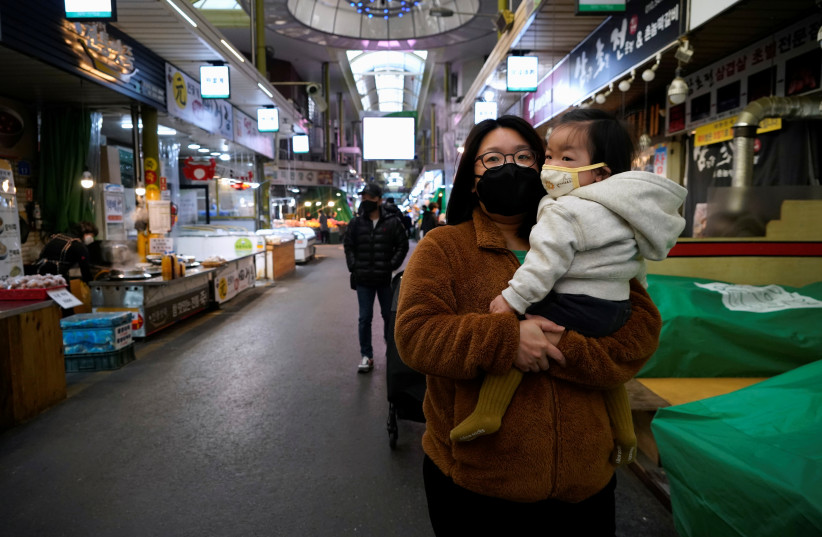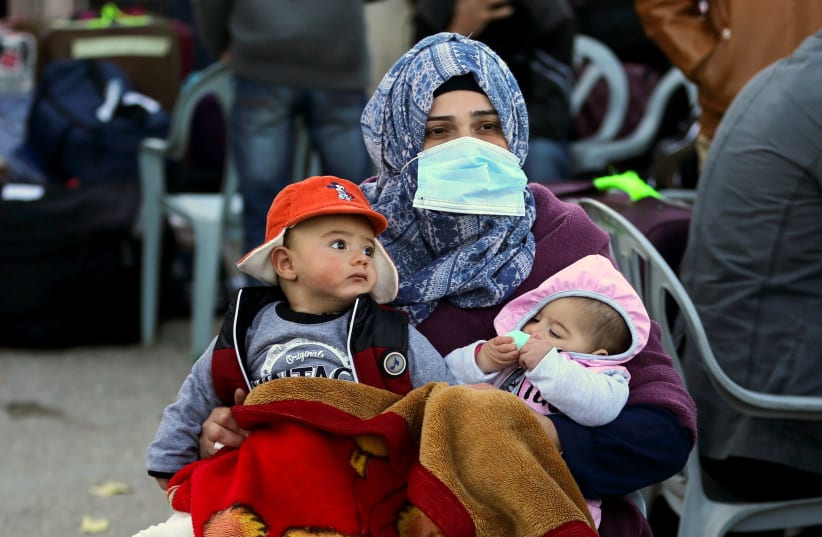Children born during the coronavirus pandemic have significantly reduced verbal, motor and overall cognitive performance compared to children born before the pandemic, and this discrepancy is particularly pronounced in males, as well as in children in lower socioeconomic families, according to preliminary data presented in a preprint study. Researchers believe that this highlights that even in the absence of infection and illness, the pandemic has had a significant, negative impact on infant and child development.
In the study, not yet-peer reviewed and uploaded as preprint in medRxiv on Wednesday, researchers from Brown University examined data from an ongoing longitudinal study of child neurodevelopment, comparing scores in 2020 and 2021 to scores from 2011 to 2019. The researchers found that verbal, non-verbal, and overall cognitive scores are significantly lower since the beginning of the pandemic, with young infants showing significantly lower performance than infants born before January 2019.
Researchers stated that "it is clear [...] that young infants and children are developing differently than pre-pandemic, and that addressing this now while their brain is at its most plastic and responsive, is imperative," also saying that it is unclear from the data if observed declines are temporary.
Researchers concluded that results suggest that early development is impaired by the pandemic's effect on environmental factors.
Children are heavily influenced by their environment and a child's brain undergoes a large amount of structural and functional growth driven both by genetic and environmental factors, said the researchers. The COVID pandemic greatly altered the environment of both young children and pregnant individuals which could greatly influence children's development, according to the study.

Researchers cited closures and lockdowns as factors that limited child learning and typical activities, also adding that stress caused by the various factors of the pandemic affecting parents may have had an effect on children.
Researchers also cited the fear of attending prenatal visits for woman pregnant during the pandemic as a factor that increased maternal stress, anxiety, and depression, listing this as another factor that could have affected child development. Maternal stress, anxiety and depression during pregnancy can impact the brain structure and connectivity of the fetus possibly causing cognitive, motor and behavioral developmental delays.
Researchers also touched on the potential effect of mask-wearing on the study, stating that children were unable to see the full facial expressions of the study's staff and that this may have impacted their understanding of test questions and instructions because of limitations posed by masks on non-verbal cues or the understanding of spoken instructions.
